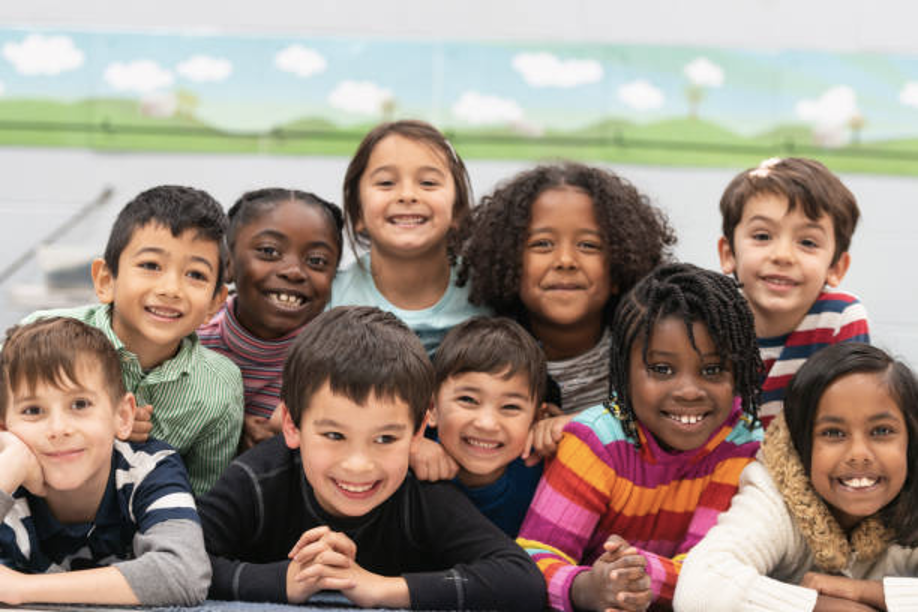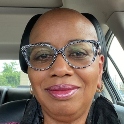
The fact is that there are so many different religions in this city and all around me. You can encounter them any and everywhere in your daily walk of life. At my job as a teacher, I have come across at least five different people with five different religious beliefs: Jewish, Christian, Muslim, Hindu, and a newly-practicing Buddhist! Can you imagine how many more religions are in this school that I just don’t know? All of these religious traditions have different celebrations that seem strange and their adherents may wear different apparel that look odd to me. Many people practice traditions every day, and I have no idea what the traditions mean or why people practice them.
We live in a world now where everyone is easily offended, as if we are supposed to automatically know everything about them. But shouldn’t we be able to learn more than we do about each other? Shouldn’t we be able to share where we come from and teach each other about our religious beliefs, practices, and cultural traditions? Having knowledge helps us avoid the ignorance of negative remarks and actions. Knowledge helps to bring about a basic understanding. If everyone took the time to learn just a little more about the people in the neighborhood or the workplace or any of the other places they may frequent, they would avoid these ignorant mistakes. They would know better than to believe the gossip and stereotypes.
All of this led me to my vision for the future—my own academy. Yes, that’s right! My own school!
I decided that not only do I need to open my own school, but I also need to ensure that the students and staff at my school do not leave with the ignorance of not knowing about the people around them: in their neighborhood, their city, and, well—ultimately—the world in which they live. I want them to understand the differences between different cultures, customs, traditions, and religions. Thus, the development of Religious Literacy 101.
Students in grades as early as kindergarten will learn basic information on world religions. Lessons will include, but not be limited to, religious holidays and celebrations, traditional dress, and daily practices. This curriculum will help to ensure that students will understand and acknowledge the different religions and hopefully help to spread the knowledge that they have learned in my school. This will also help to ensure fewer religious hate crimes, negative interactions with those who are different from what they are used to, spreading of stereotypes, and prejudiced beliefs because of a lack of understanding and knowledge.
By starting my own school, I can control what is taught and ensure that students have access to what they need in order to be successful in high school and to become productive members of society. Everyone needs certain life skills such as shopping for food and clothing, banking or handling money, taking care of mental and physical health, maintaining a household, in order to survive and be productive. Many of these skills are learned just by being in certain situations, while others are taught. Some are taught in school, and some are taught at home. If these survival or life skills are not learned, a person will have many struggles in their life that may cause them physical and/or mental harm. They can possibly struggle with relationships, learning and being able to cope with the everyday stressors of life.
In my Teachers Fellowship cohort, some of us are in religious schools, some are in public schools, and there is one that teaches a juvenile detention facility. We are almost as diverse as the religions we are learning about. Some things I have learned from hearing from the other teachers is that there are many misconceptions about the Muslim religion as it pertains to prisons and gangs. I thought about how much of what I was hearing related to me as an African American woman. Much of the discrimination and prejudice she experienced has also been my experience: not because of my religious belief, but because of the color of my skin. I also saw a presentation demonstrating a lesson about the history of certain religions and religious terminology as presented to high school students.
Overall, this has been an eye-opening experience. It has made me see the need more than ever for some type of religious literacy to be taught beginning at a young age and continue into adulthood.
 Tia Webb is a special education teacher at the KIPP Harmony Academy/KIPP Ujima Village Academy. Webb is a member of the 2021-22 ICJS Teachers Fellowship.
Tia Webb is a special education teacher at the KIPP Harmony Academy/KIPP Ujima Village Academy. Webb is a member of the 2021-22 ICJS Teachers Fellowship.
Opinions expressed in blog posts by the ICJS Teacher Fellows are solely the author’s. ICJS welcomes a diversity of opinions and perspectives.